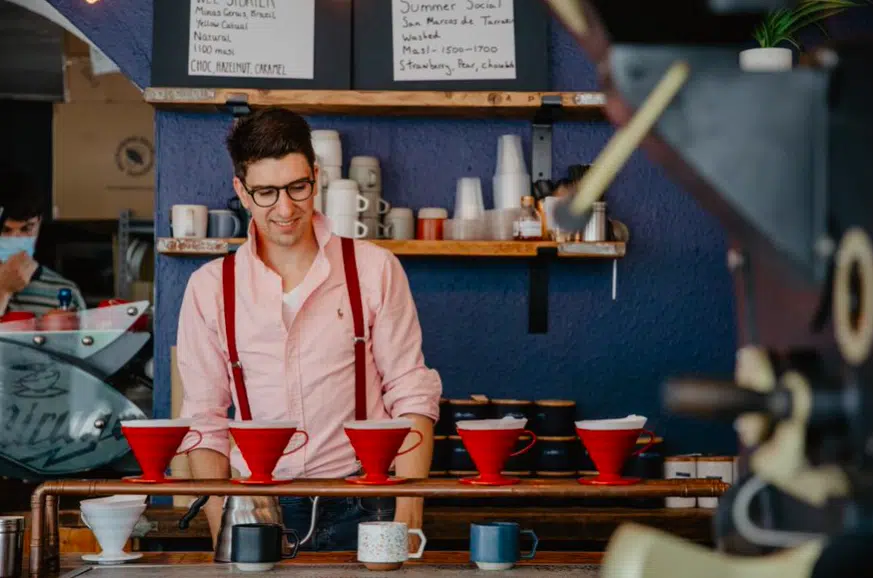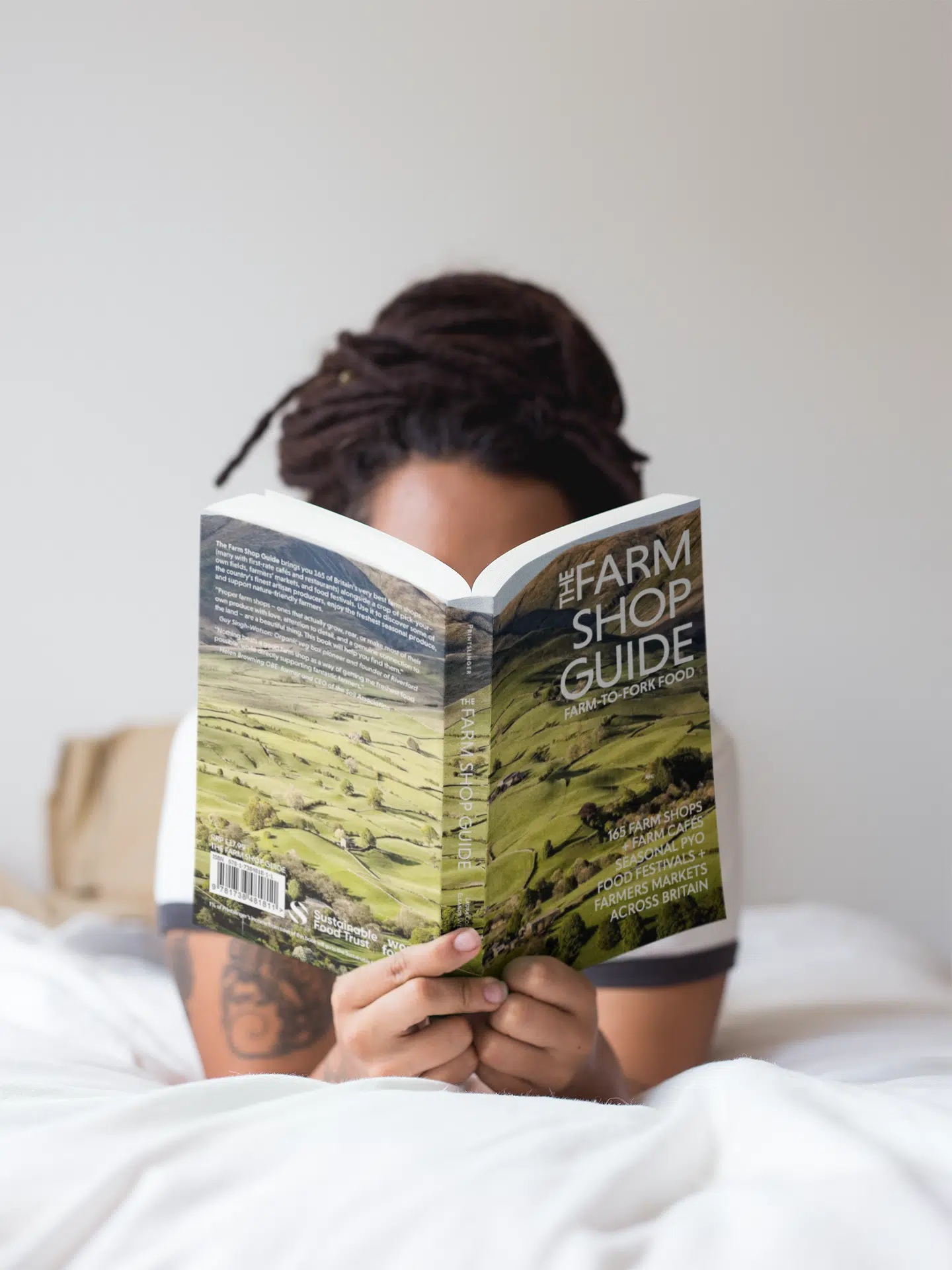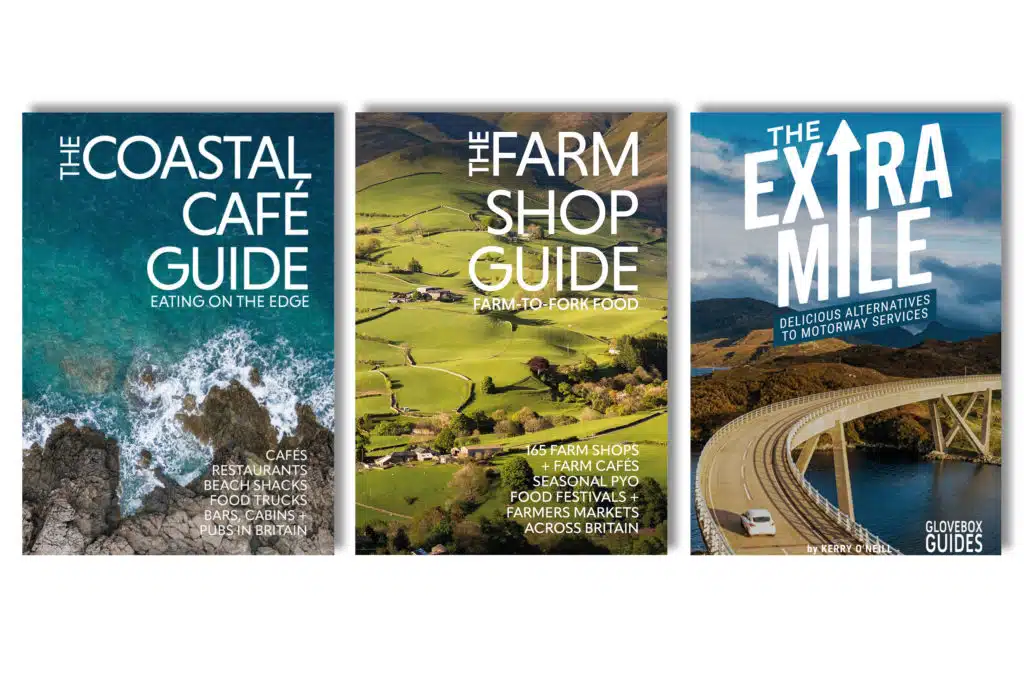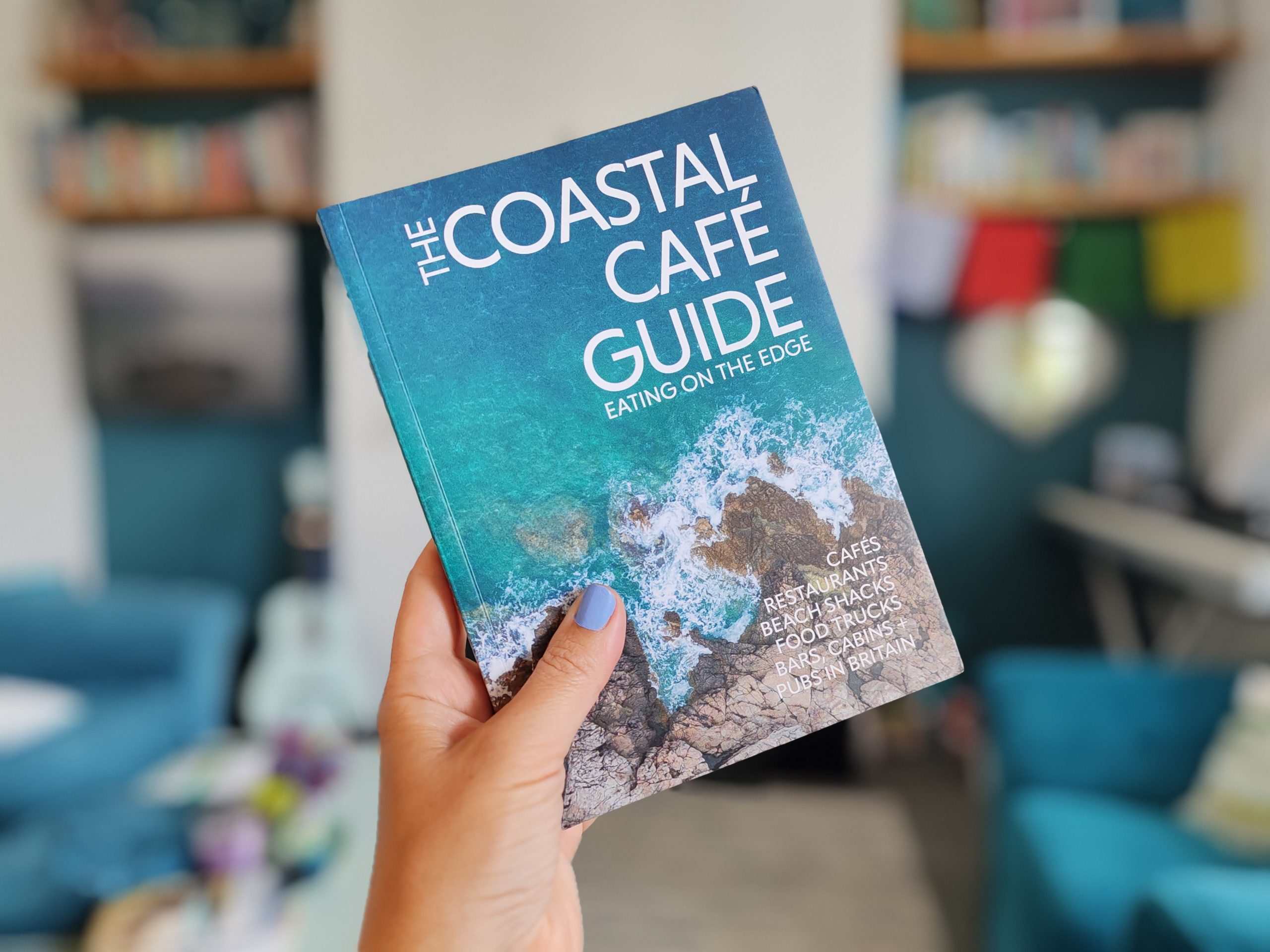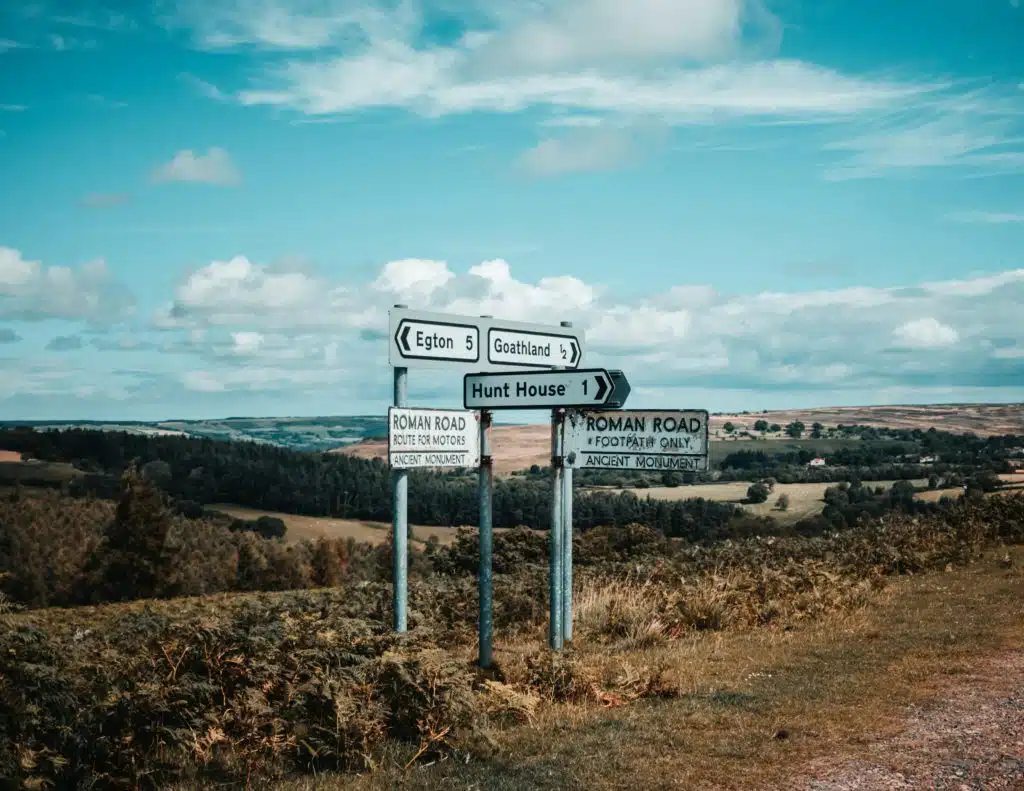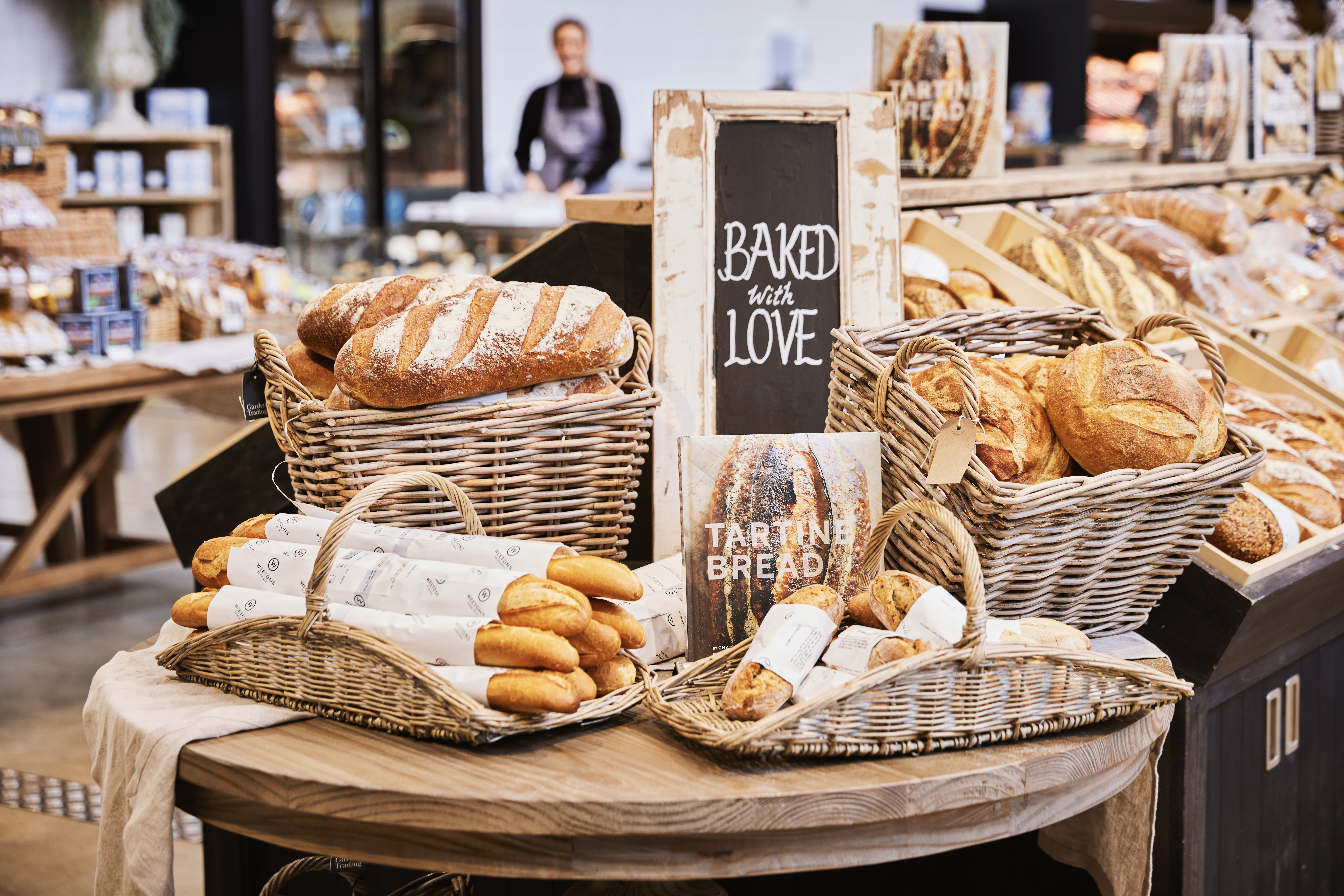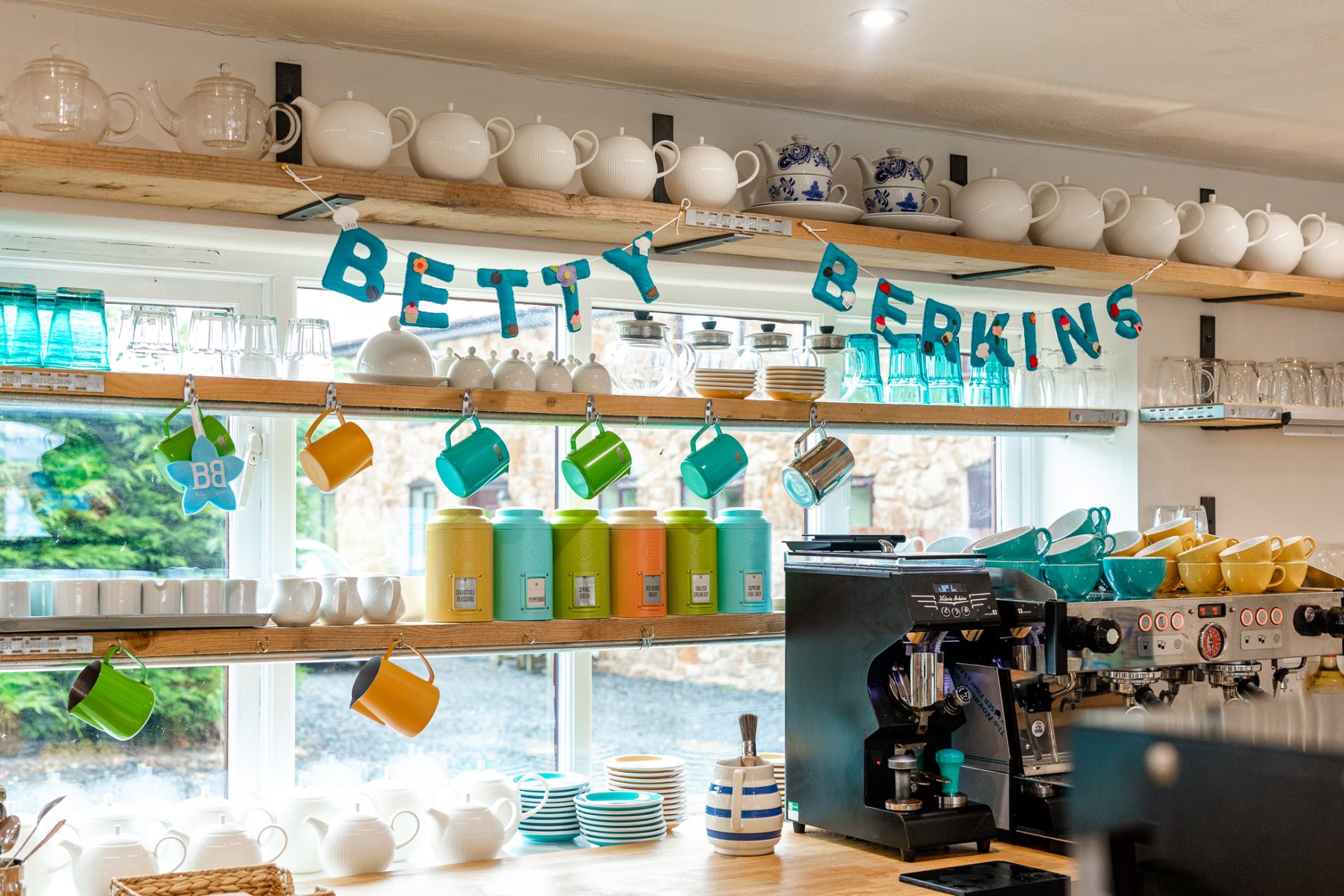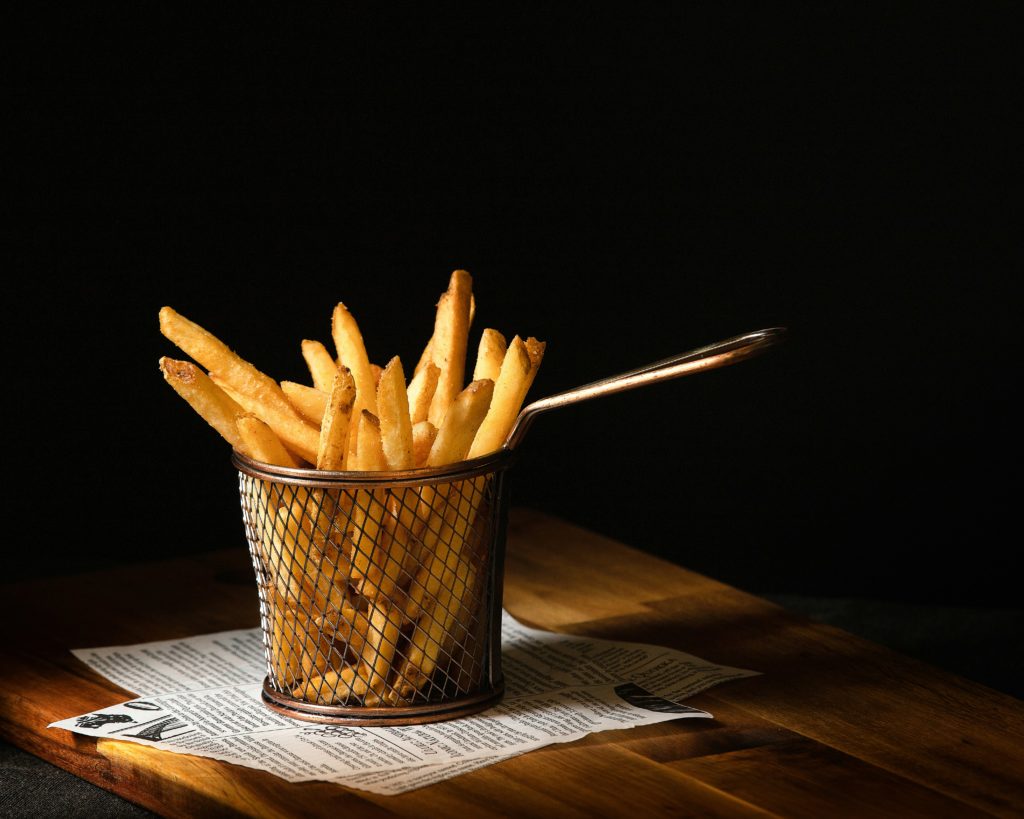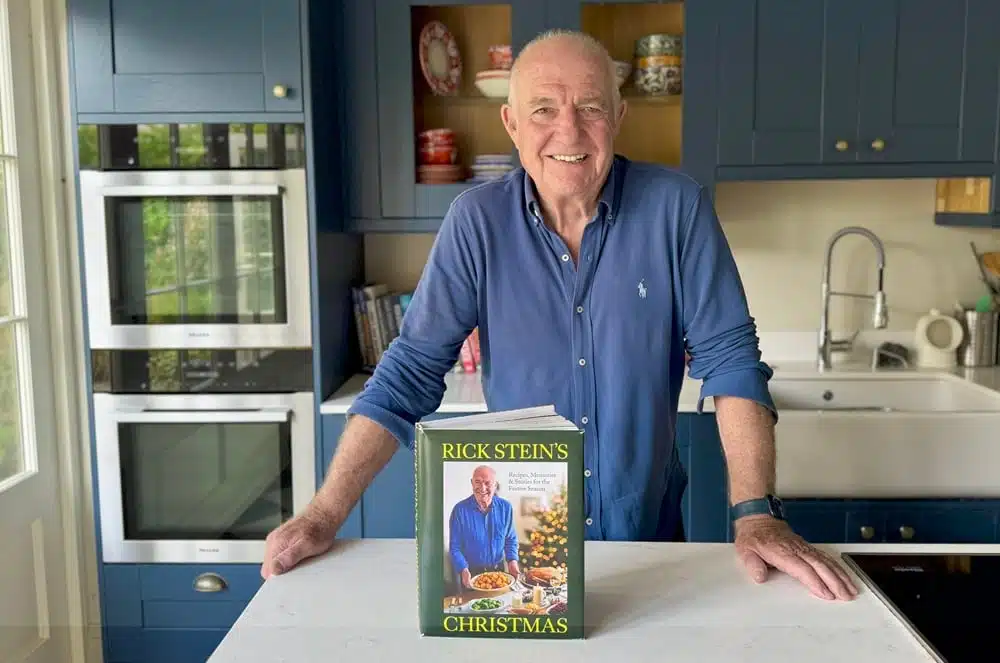
Four Fabulous Christmas Cookbooks for 2025
From Rick Stein’s nostalgic seaside suppers to the Hairy Bikers’ big-hearted cheer, 2025’s new festive cookbooks offer something for everyone. From make-ahead sanity, to culinary adventure and a splash of wicked mischief, these four new releases will see you through the season well fed and well read.
Image above (c) Rick Stein
How to Survive Christmas, by Jilly Cooper
The world’s a little less jolly sans Jilly, but her irreverent charm lives on in this cheeky festive guide. Dispensing her trademark wicked wisdom, Jilly shares how we can all survive that most treacherous of seasons with style (and with the inevitably generous glugs of sherry). Less cookbook, more social satire, it’s a fizzing antidote to yuletide perfectionism. And by following her advice and keeping the spirit of Jilly alive, what a way to toast a wonderful woman whom the world sadly lost this October.
How to Survive Christmas, by Jilly Cooper
Rick Stein’s Christmas, by Rick Stein
Rick opens the door to a Christmas full of warmth, comfort, and quietly impressive food. Across 100 recipes, from classic goose to the bright, far-flung flavours of his travels, Rick balances nostalgia with a spirit of adventure. Always elegant, never fussy, his is exactly the sort of Christmas we’d all like to be invited to. If you’re looking for a book gift for a foodie who knows how to live and wants their Christmas feasting to reflect that, this is just the ticket.
Rick Stein’s Christmas, by Rick Stein

The Hairy Bikers’ 12 Days of Christmas, by Si King and Dave Myer
Ever-jovial Si (with the memory of dearly departed Dave never far from his or our minds) serves up The Hairy Bikers’ trademark mix of humour and hearty fare here in a new festive cookbook for 2025. Feel the warmth of foolproof classics, and look out for the clever twists and unmistakable charm that made the pair such national treasures. We particularly like the perfect cheeseboard (just saying). If you need to rush out for any last-minute ingredients, our own Farm Shop Guide might help you find the best local farmers and butchers to truly do these recipes justice. A fab gift for foodies this Christmas.
The Hairy Bikers’ 12 Days of Christmas, by Si King and Dave Myer
The Batch Lady Saves Christmas, by Suzanne Mulholland
If December sends you spinning, Suzanne Mulholland’s calm and practical approach to ‘batching’ (that’s batch cooking to you and I)is a gift in itself to making Christmas feel achievable. With over 100 make-ahead recipes, some that also magically freeze, you’ll love this book’s savvy advice on budgets, leftovers, and stress-free entertaining. There’s even a chapter on air-fryer dishes and one-pot wonders for those who really are short on time, space, and energy but still want to get a delicious job done. The perfect gift for the busy foodie in your life.
The Batch Lady Saves Christmas, by Suzanne Mulholland
Festive book gifts for foodies this Christmas
Whichever book finds its way into your kitchen (or your loved ones’ stockings), may it bring a little calm to the chaos and a lot of cheer to the table this year. Because, at the end of the day, that’s what Christmas meals are really about: good food, good company… and perhaps a little glass of something sparkling to keep the Christmassy cogs turning.
For other book inspiration for the food lovers in your life this Christmas, visit our own online bookshop. Our titles include The Extra Mile Guide (Delicious Alternatives to Motorway Services); The Coastal Café Guide; and The Farm Shop Guide. Happy shopping, cooking, and book-buying!

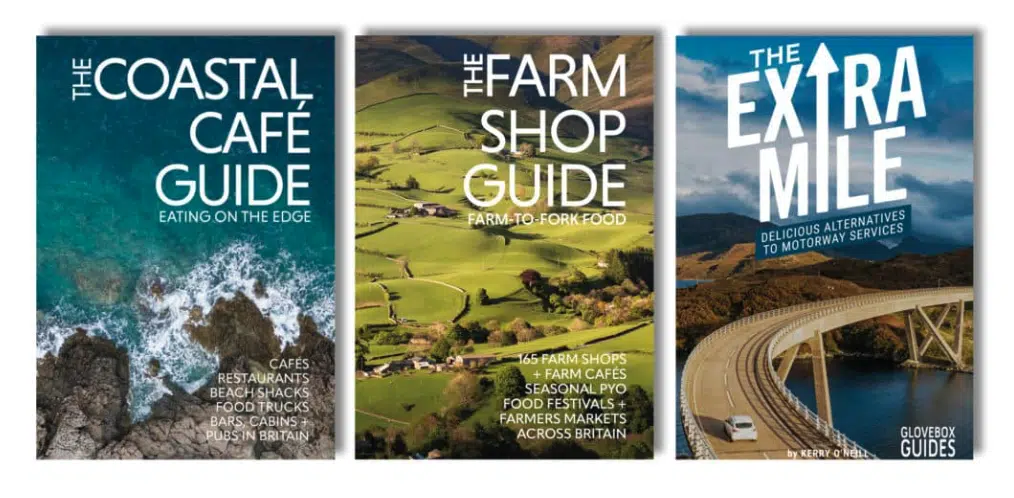
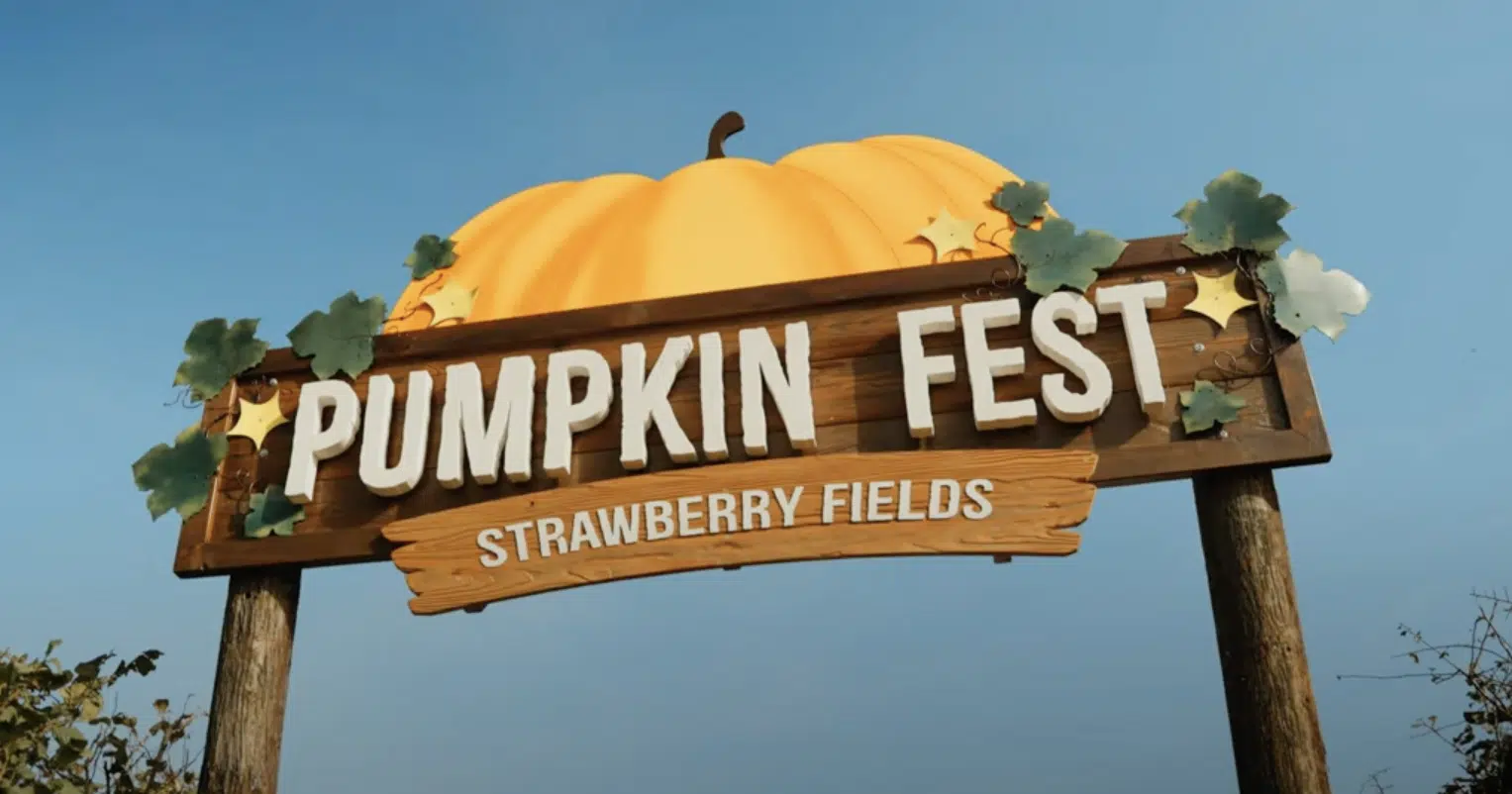

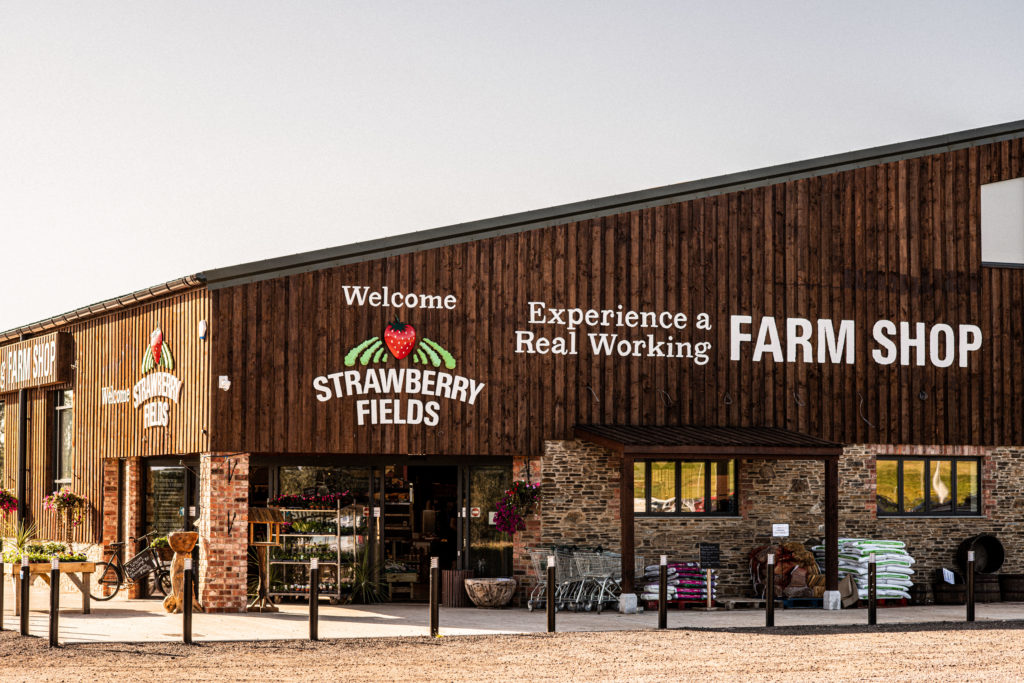

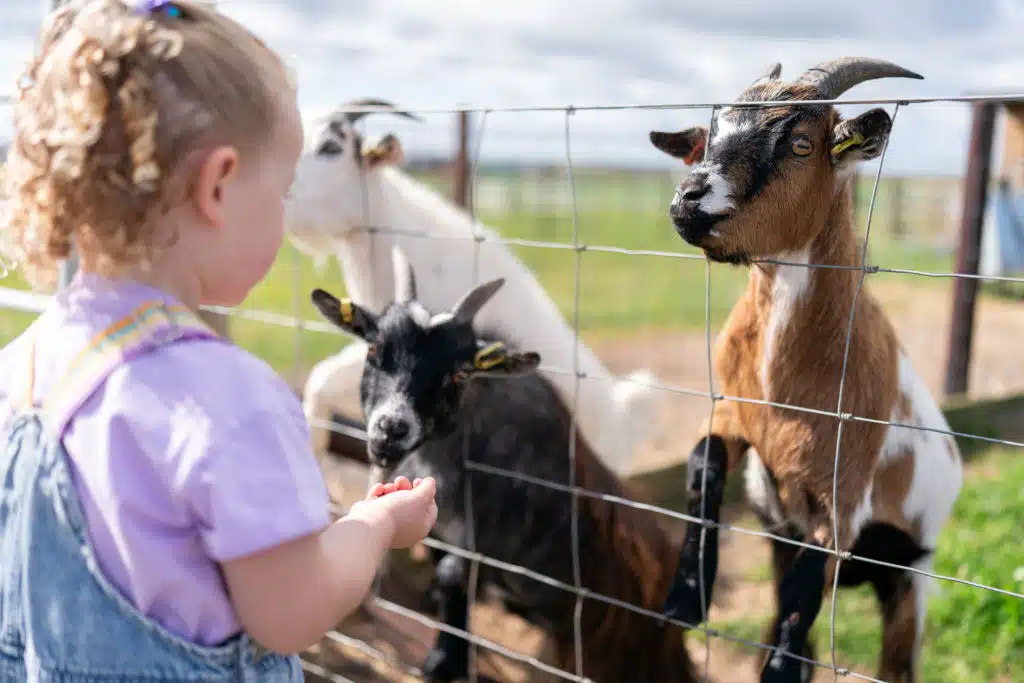

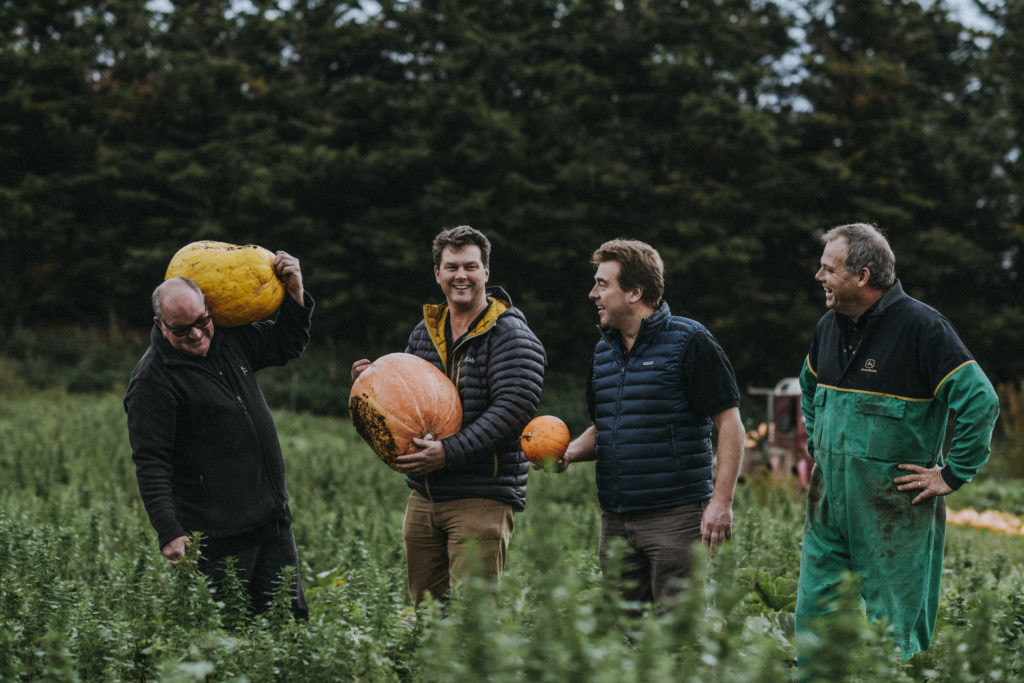
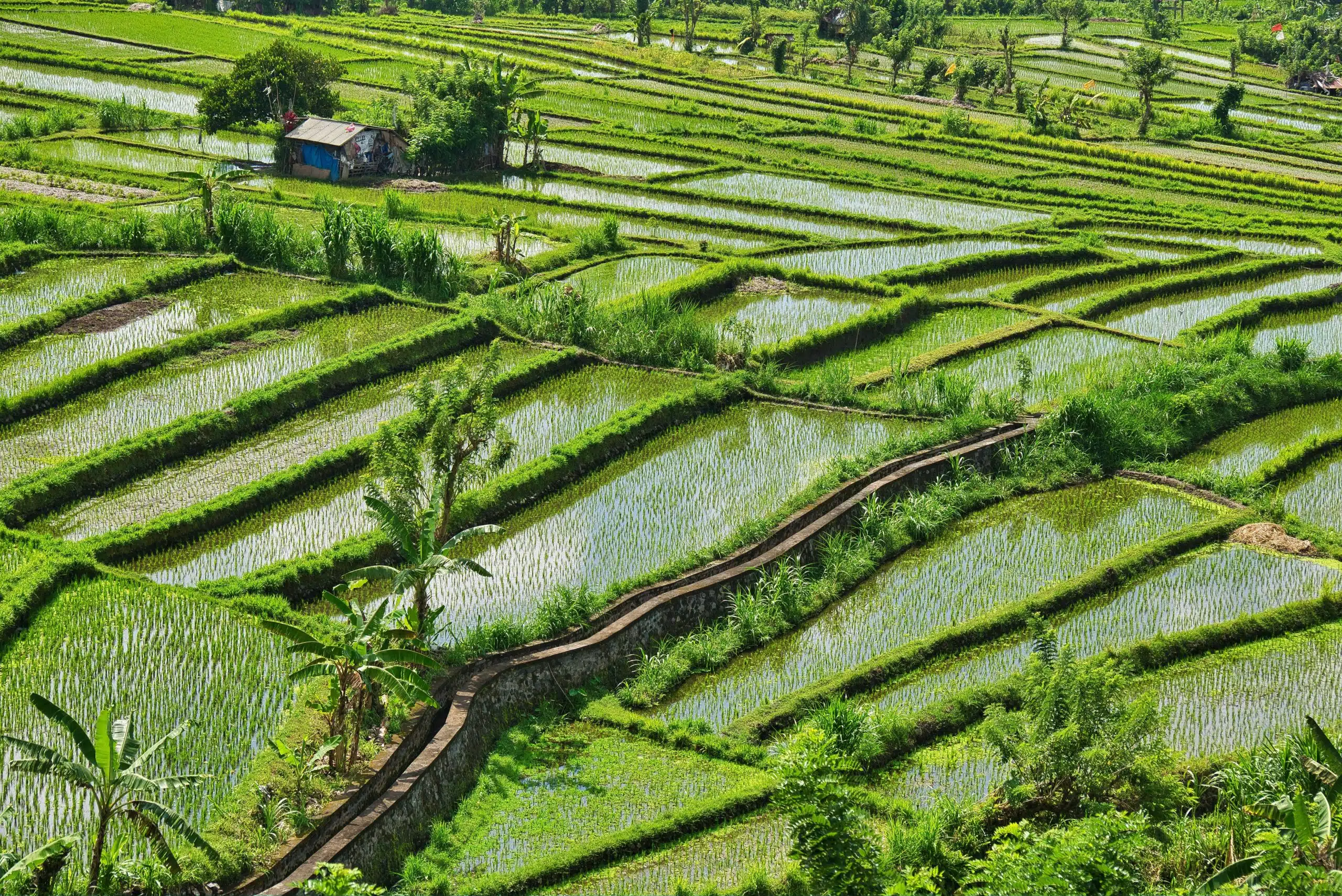
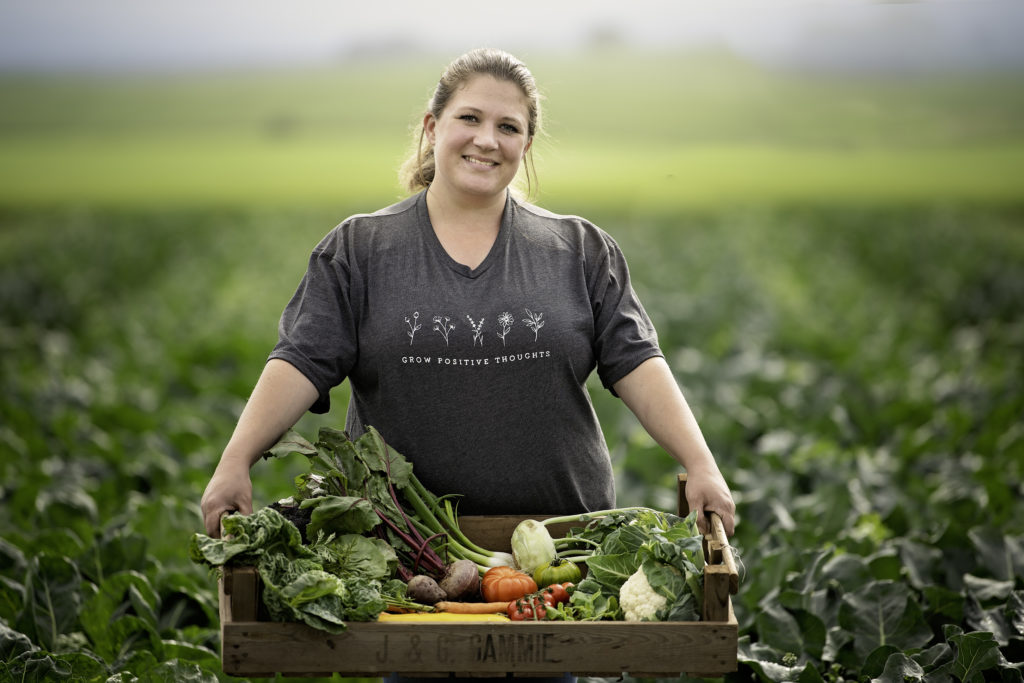
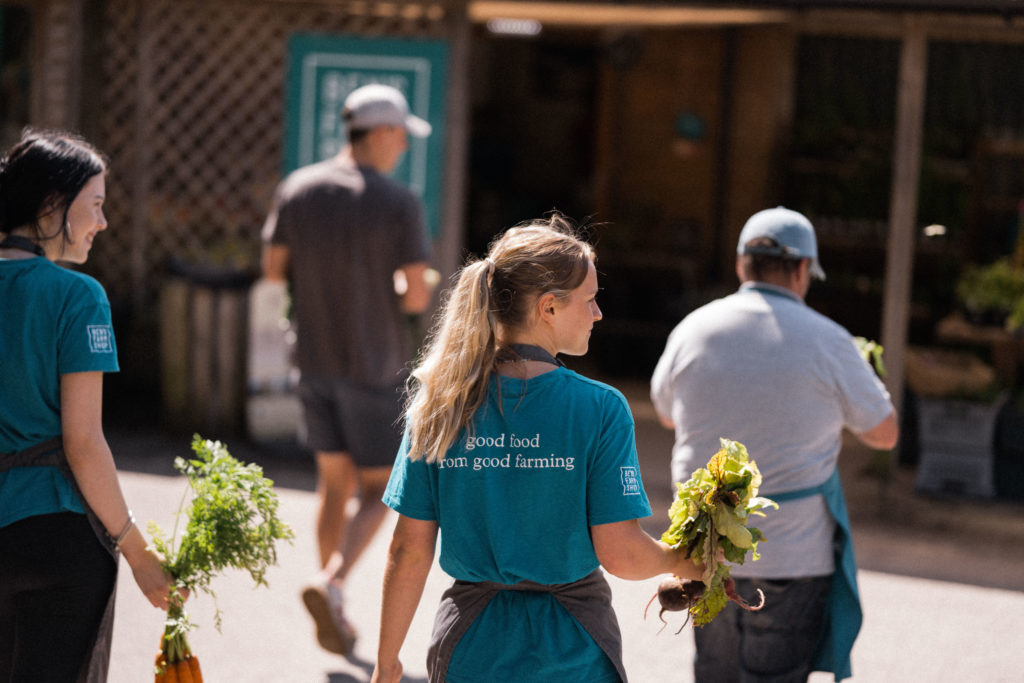
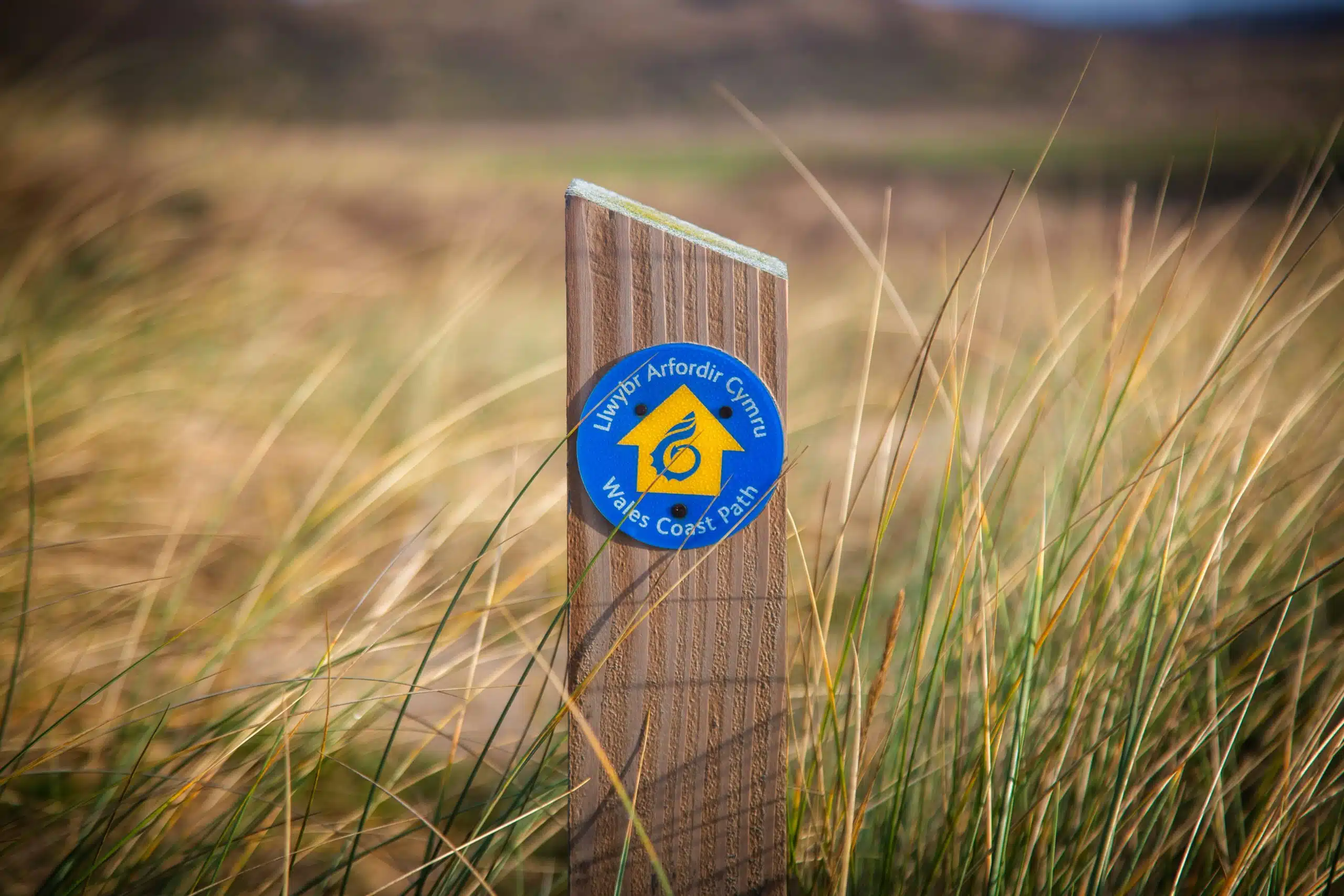




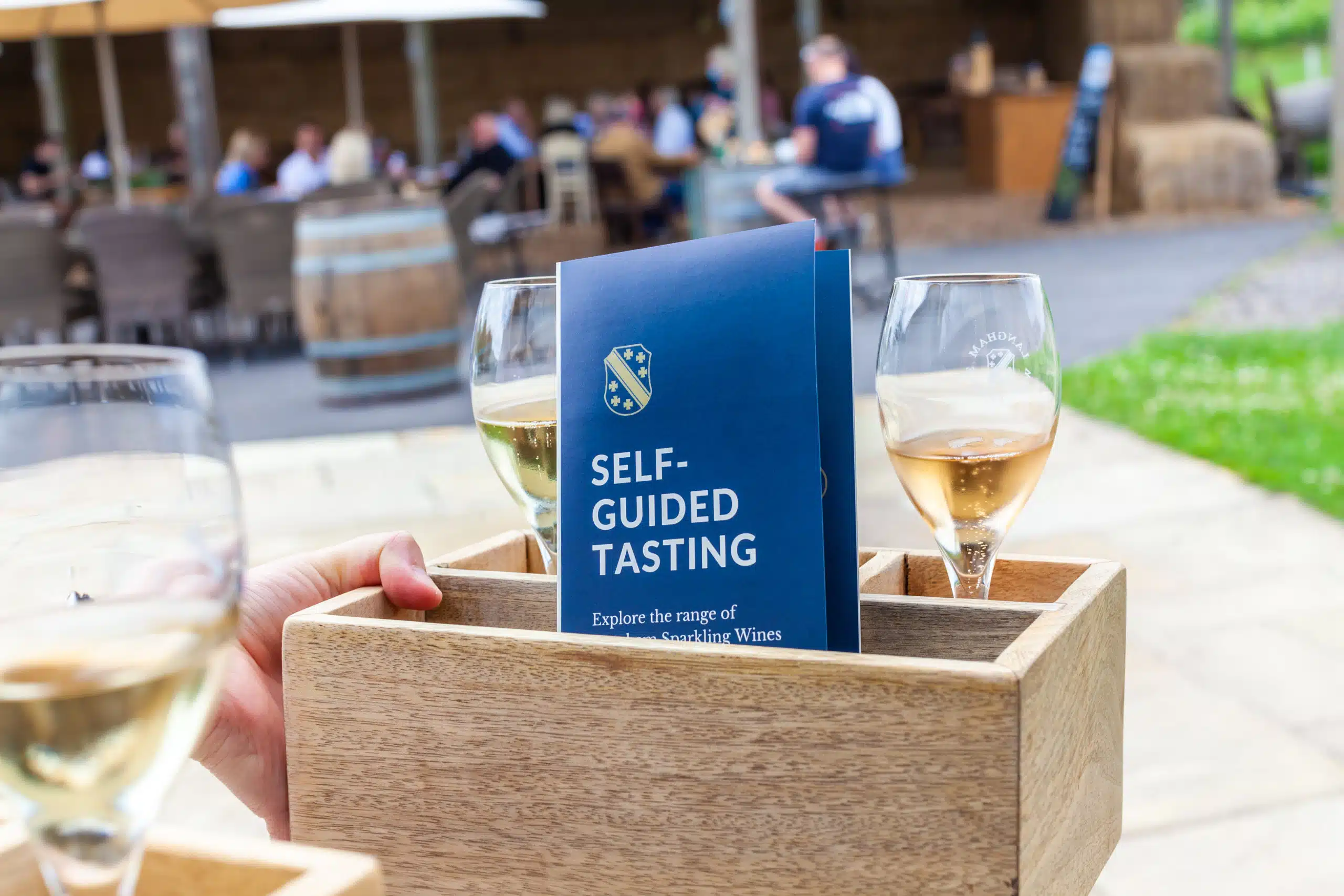
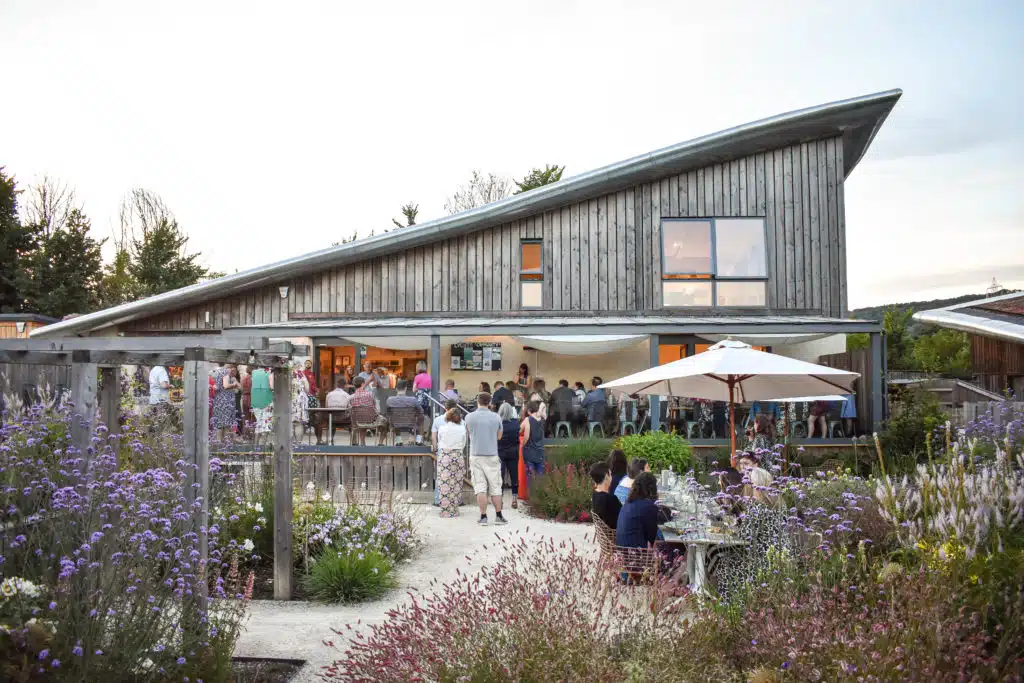
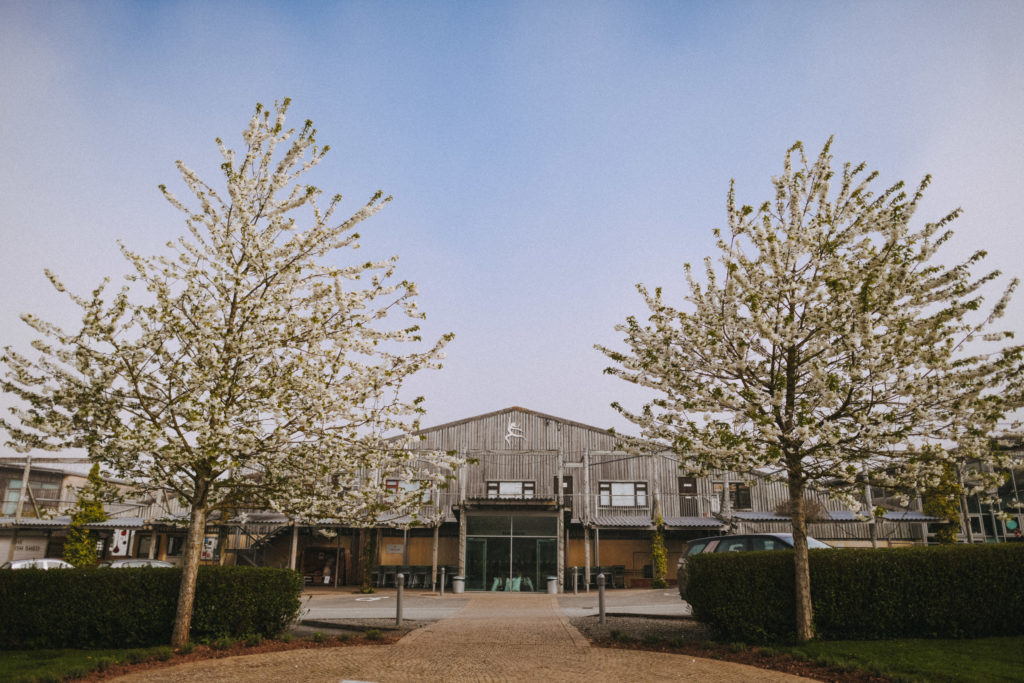
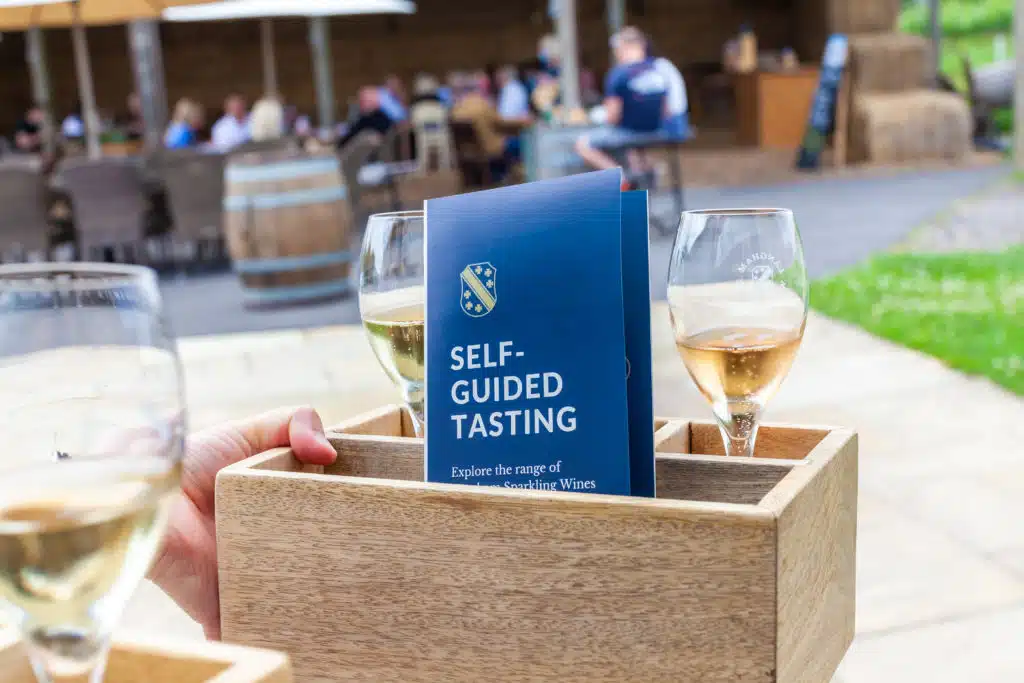
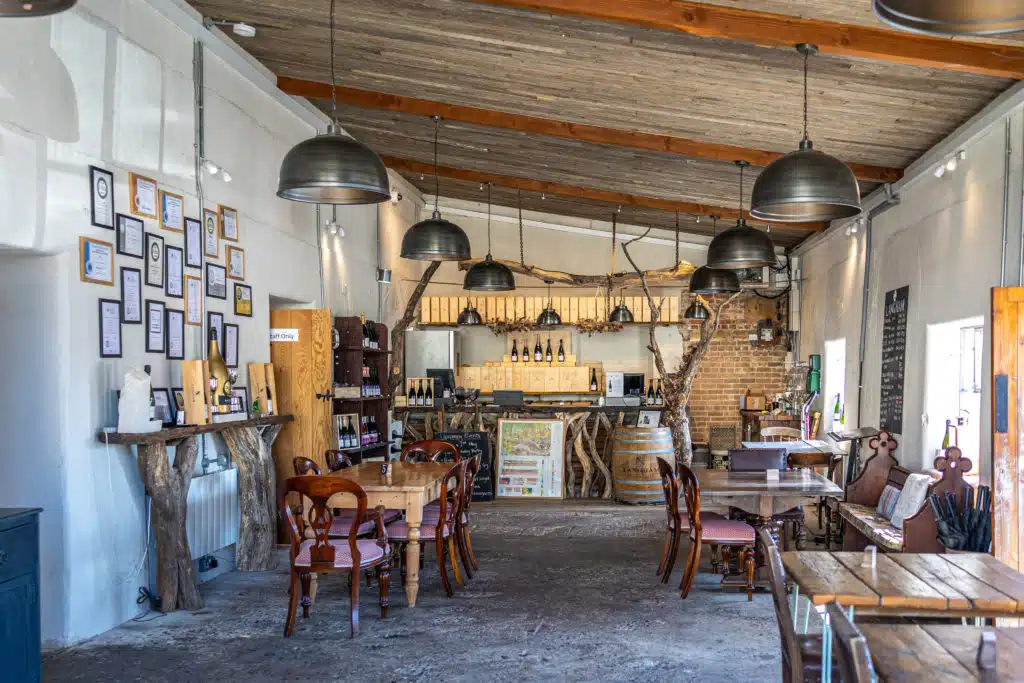
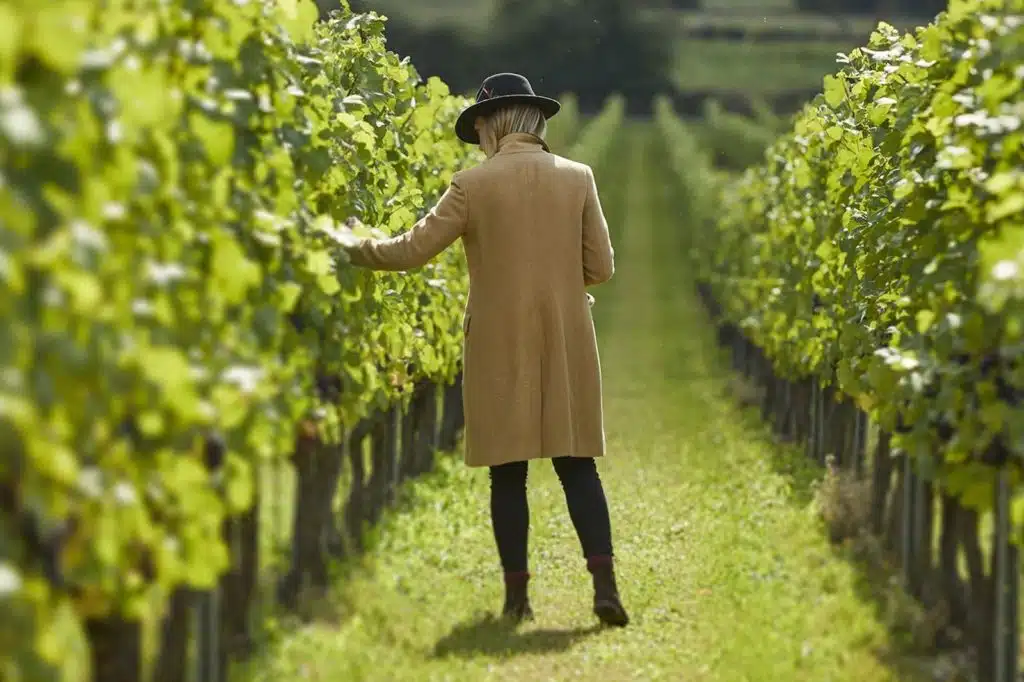
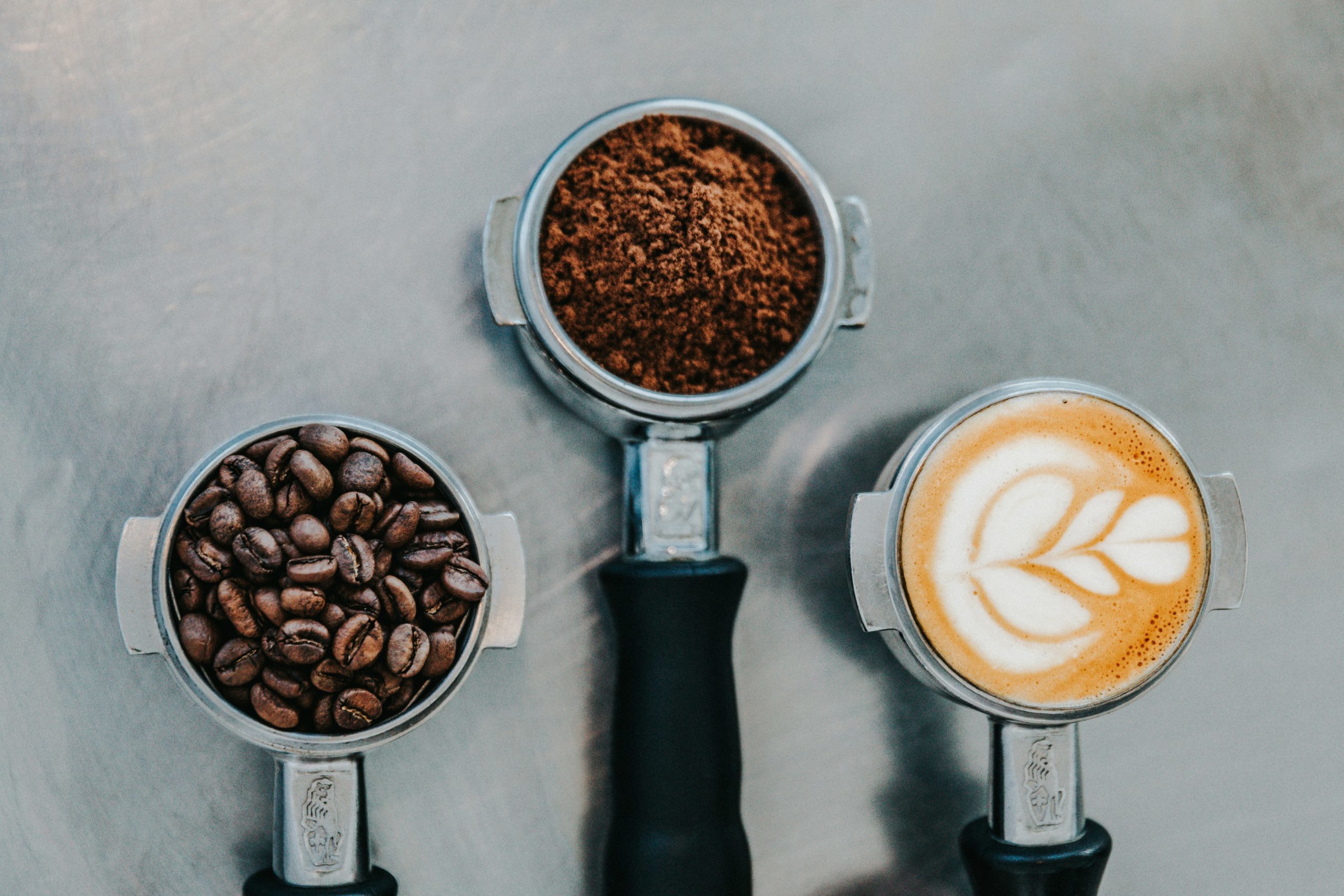
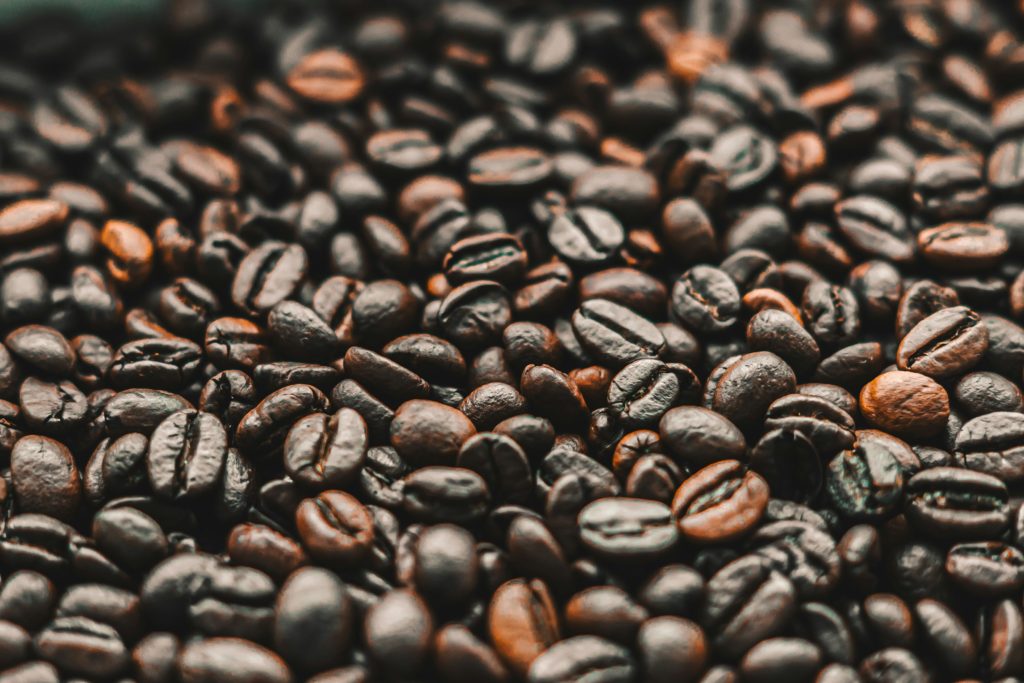
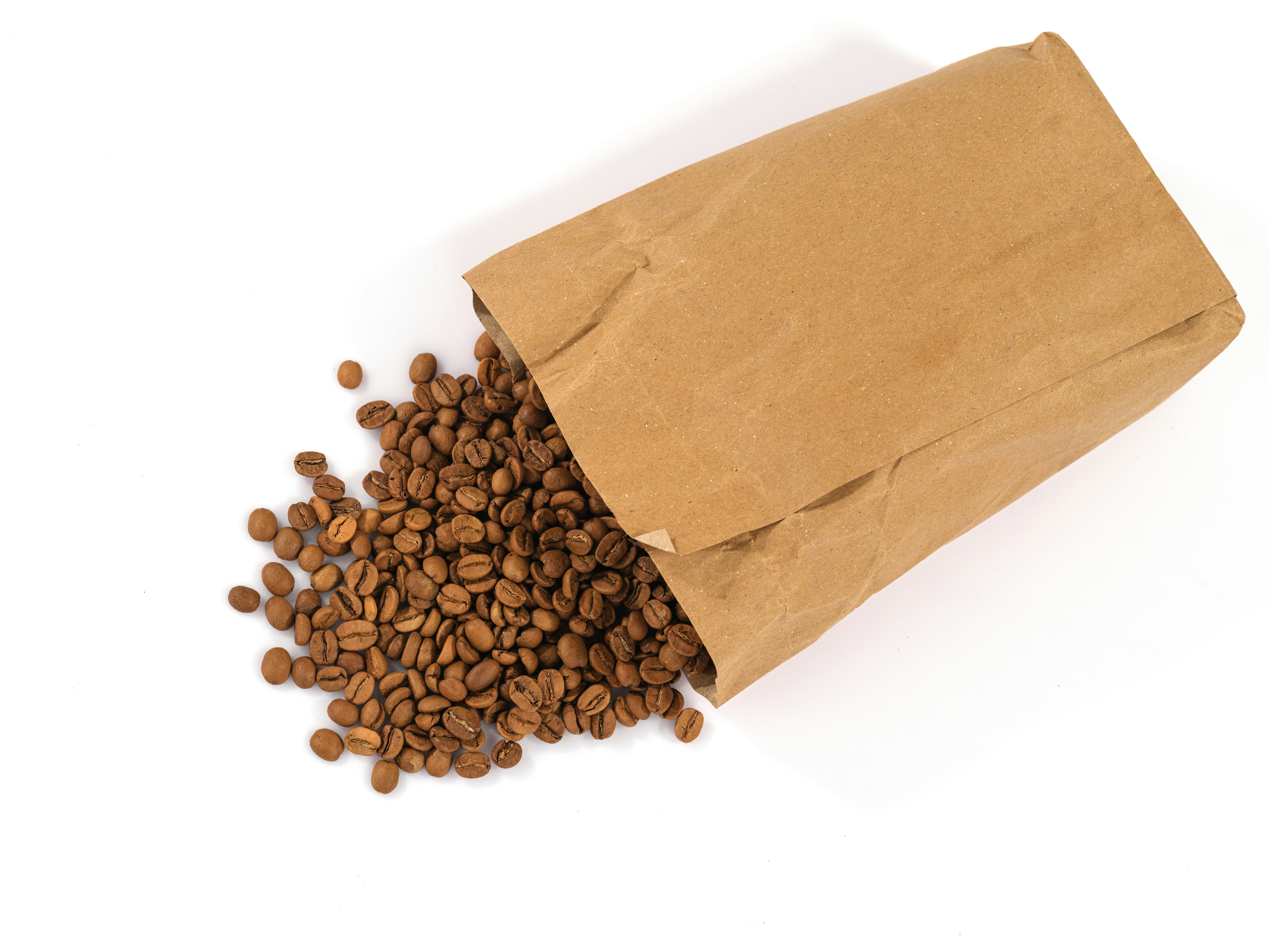
 Website: origincoffee.co.uk
Website: origincoffee.co.uk

